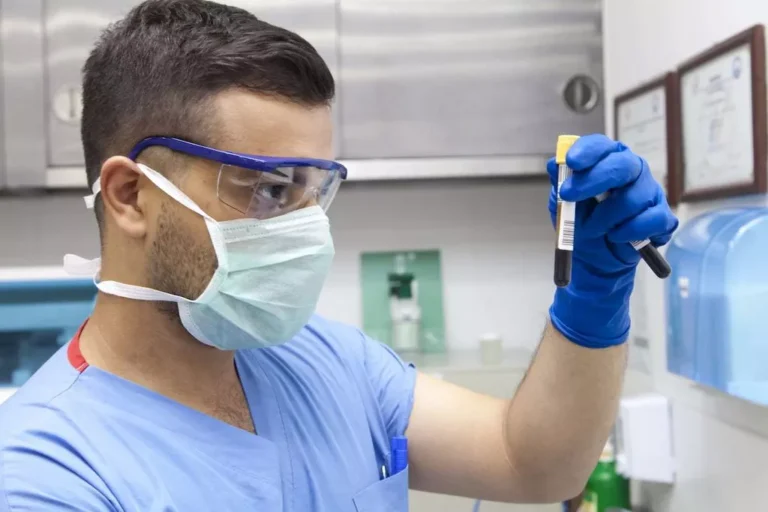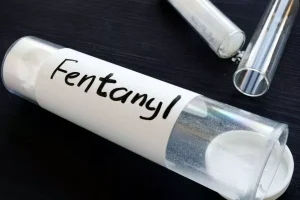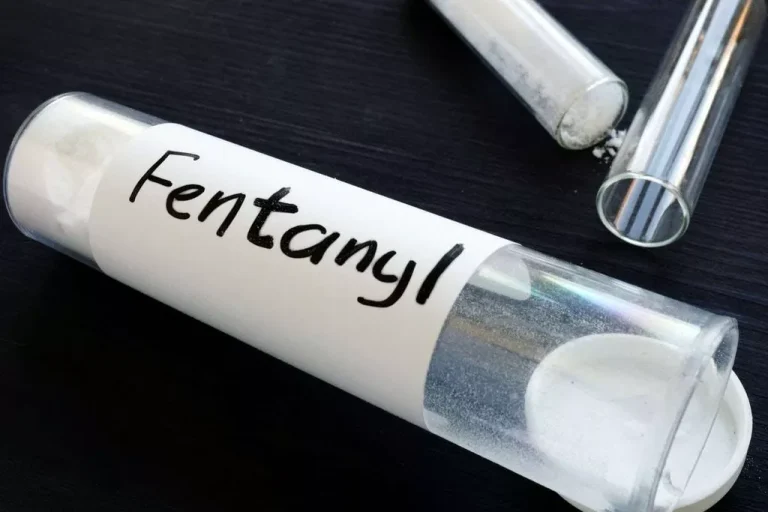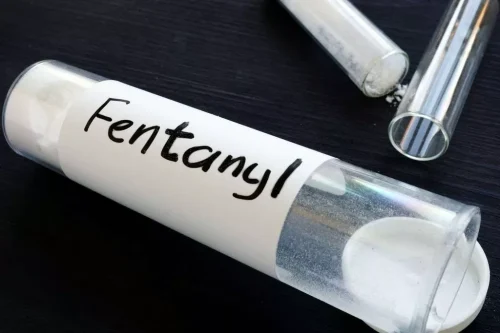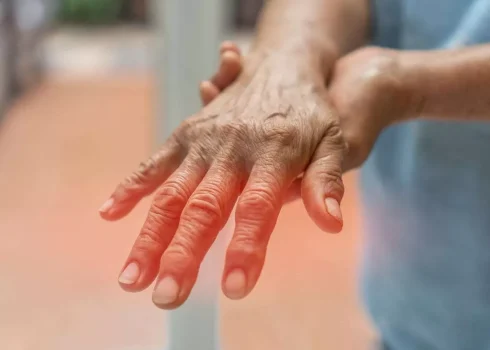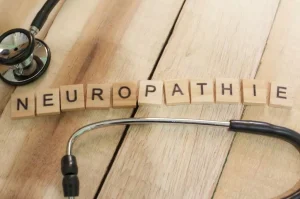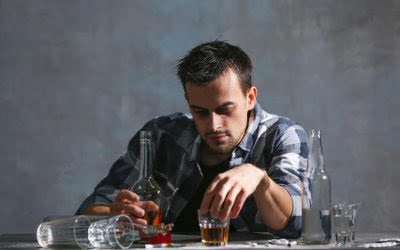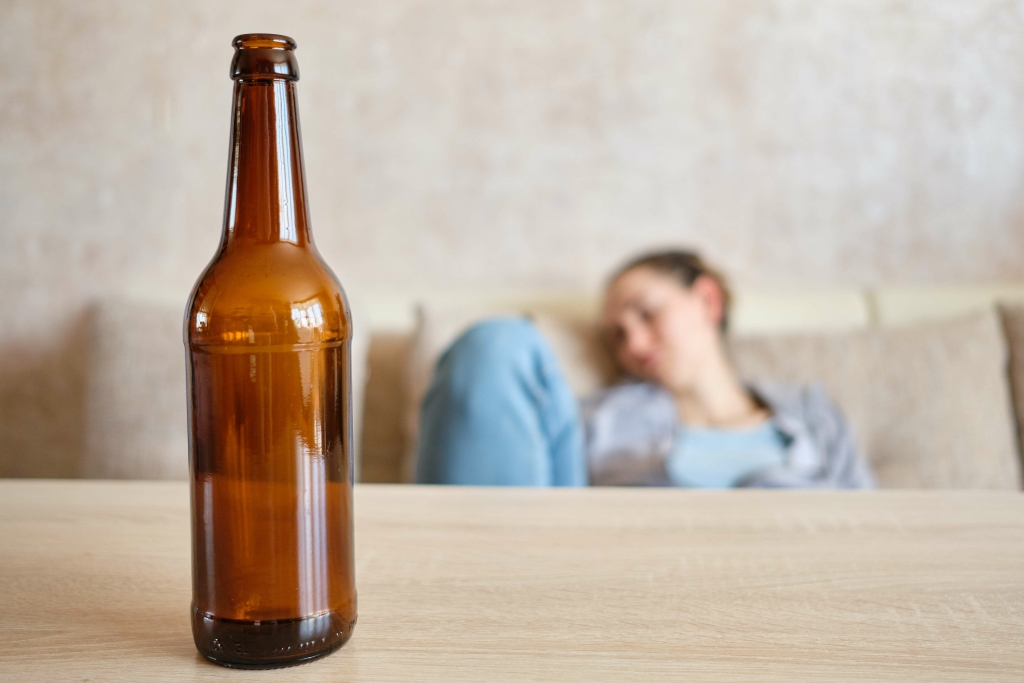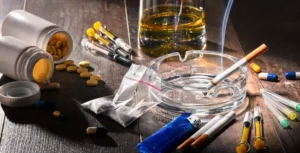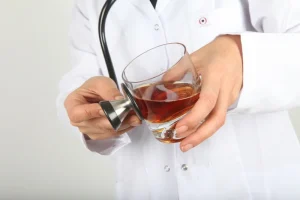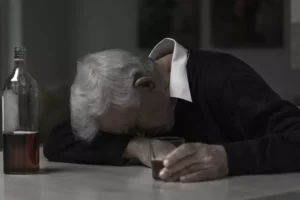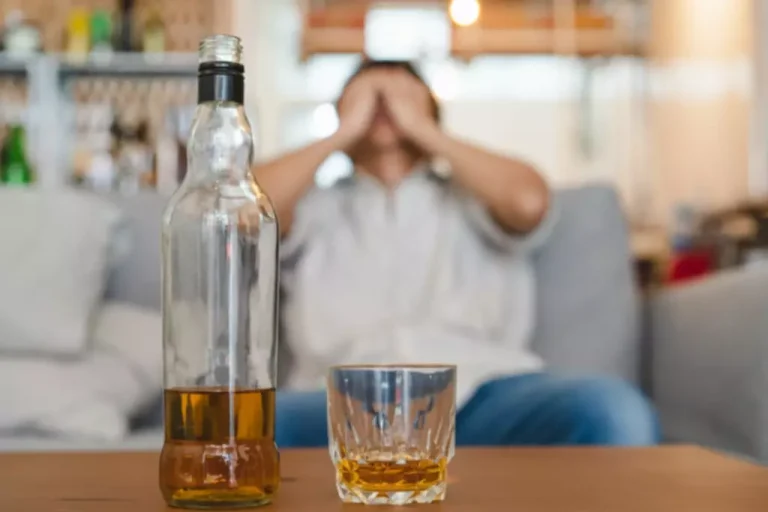
Many of the effects of drug addiction are similar, no matter what substance someone uses. The following are some of the most common effects of drug addiction. People can become addicted to any psychoactive (“mind-altering”) substance. Common addictive substances include alcohol, tobacco (nicotine), stimulants, hallucinogens, and opioids. Drug addiction is a treatable, chronic medical disease that involves complex interactions between a person’s environment, brain circuits, genetics, and life experiences.
We Care About Your Privacy
An addiction is a chronic dysfunction of the brain system that involves reward, motivation, and memory. It’s about the way your body craves a substance or behavior, especially if it causes a compulsive gabepentin: uses dosage safety and more or obsessive pursuit of “reward” and lack of concern over consequences. To diagnose addiction, your healthcare provider may refer you to a psychiatrist, psychologist or drug and alcohol counselor.
When and where is the Republican National Convention?
One of the most significant is the family milieu and early life experiences. Family interactions, parenting style, and levels of supervision all play a role in development of coping skills and susceptibility to mental health problems. Studies have linked authoritarian or neglectful parenting, family violence, and divorce to increased likelihood of substance use problems later in life. Growing up with strong ties to and a sense of belonging—to a family, to a belief tradition, to a culture—are known to be protective against addiction. Some studies show that genes can account for as much as 50 percent of a person’s risk for addiction, although the degree of genetic influence shifts in importance over time.
What are the signs?
- In the past, addiction was thought to only encompass substance abuse, but the definition has been expanded to include activities like gambling as well as gaming and shopping.
- Under the influence of dopamine, that repetition changes the wiring of the brain in ways to increase the drug-wanting and decrease the ability to regulate the drug usage.
- Withdrawal from such drugs as heroin, painkillers, alcohol, and benzodiazepine tranquilizers can be life-threatening, and medical supervision is generally advised.
- The view of addiction as a disease is consonant with some facts about the condition.
Most people who take their pain medicine as directed by their doctor do not become addicted, even if they take the medicine for a long time. Fears about addiction should not prevent you from using narcotics to relieve your pain, but it’s smart to use caution. Dorwart has a Ph.D. from UC San Diego and is a health journalist interested in mental health, pregnancy, and disability rights. Treatment for drug addiction may involve psychotherapy, medication, hospitalization, support groups, or a combination. When someone continues to use drugs, their health can deteriorate both psychologically and neurologically.
If this happens, or if you have been drinking or using drugs, such as opioids—illicit or prescribed, other prescription medications, stimulants, cocaine, or meth—you should seek medical help immediately. Charity Action on Addiction, 1 in 3 people in the world have an addiction of some kind. But with continued use, a person’s ability to exert self-control can become seriously impaired. Your provider may want to do a physical exam and may request blood and urine tests.
Cravings intrude on thought processes, create considerable distress, and focus attention on immediately satisfying the desire for the substance. Cravings can be seen in brain imaging studies as areas of heightened activity in the reward center of the brain in response to specific environmental signals that have been connected to drug use through experience. Nevertheless, some people erroneously believe that processes such as withdrawal are distinctly physical while other feature of addiction, such as drug cravings or the inability to stop using a substance, are purely psychological. In fact, inability to regulate use results from a physiological process—progressive weakening of the neural circuitry in the brain’s executive control center in response to repeated use of a dopamine-activating substance. Cravings, or deep desire for a substance, arise from alterations in reactivity patterns of nerves in the brain’s reward center.
To a very large degree, brain hacks become appealing when there are restricted opportunities for meaning and for pleasure other than the response to drugs. Studies show that those who are high in the trait of neuroticism—they are prone to experiencing negative emotions—are overwhelmed by minor frustrations and interpret ordinary situations as stressful. Neuroticism is linked to a wide array of mental health problems, including anxiety, depression, and eating disorders as well as substance abuse. Neuroticism is also linked to a diminished quality of life, another factor that could increase the allure of substance use. There are many factors that influence addiction beyond genes and biology.
It interferes with your functioning—you start missing obligations and events. You make excuses for yourself—to yourself and to others, about why you need the substance, about not showing up, about making mistakes at work, about how tomorrow will be different. You break promises to yourself that you will stop using—a source of self-contempt that has a way of perpetuating addiction by needing relief in the high of substance use. You get defensive or belligerent with loved ones or colleagues who want to know what’s going on; they notice peculiarities about your behavior or appearance that you are not likely to recognize.
Addiction is an inability to stop using a substance or engaging in a behavior even though it may cause psychological or physical harm. The information on this do you genuinely like the feeling of being drunk site should not be used as a substitute for professional medical care or advice. Contact a health care provider if you have questions about your health.
Addiction to drugs while pregnant can lead to serious outcomes for both mother and child. It may be done by family and friends in consultation with a health care provider or mental health professional such as a licensed alcohol and drug counselor, or directed by an intervention professional. It involves family and friends and sometimes co-workers, clergy or others who care about the person struggling with addiction. Most drugs affect the brain’s “reward circuit,” causing euphoria as well as flooding it with the chemical messenger dopamine. A properly functioning reward system motivates a person to repeat behaviors needed to thrive, such as eating and spending time with loved ones.
Nevertheless, the outsize sensation of reward makes a powerful case for repetition. And through pathways of nerve connection to other areas of the brain, the response weakens activity of the brain’s decision-making center in the prefrontal cortex. Cravings are intense desires for a substance and motivate the repeated seeking of the substance and its effects. They are typically viewed as a sign of entrenchment of the addiction process.
Impulsivity is thought to play its strongest role in the early stages of addiction, driving the motivation for seeking drugs. Alcohol in some form is widely used for pleasurable purposes and is an important part of the social fabric worldwide, today as in ancient times. Nevertheless, according to the National Institute on Alcohol Abuse and Alcoholism, 14.6 million U.S. adults over the age of 18 have alcohol use disorder, marked by uncontrolled drinking. Around the world, 240 million people are reportedly dependent on alcohol; alcohol abuse is most prevalent in Eastern Europe and least prevalent among Asians. There are many theories about the causes of addiction, the use and abuse of legal and illegal psychoactive substances. Biology, psychology, and social and cultural elements all play a role in the enormously complex causal bouquet that results in addiction, and different theories weight the elements differently.
Alcohol interferes in the areas controlling balance, memory, speech, and judgment. Long-term, heavy drinking results in changes in the neurons, like size reduction. Alcohol misuse may cause alcohol-induced blackouts, resulting in memory gaps that temporarily block the transfer of memories from short-term to long-term storage. Addiction is a serious, chronic dependence on a substance or activity. The prevalence of addiction costs the U.S. economy hundreds of billions of dollars every year.
In reality, drug addiction is a complex disease, and quitting usually takes more than good intentions or a strong will. Drugs change the brain in ways that make quitting hard, even for those who want to. Fortunately, researchers know more than ever about how drugs affect the brain and have found treatments that can help people recover from drug addiction and lead productive lives. The view of addiction as a disease is consonant with some facts about the condition.

In an opioid overdose, a medicine called naloxone can be given by emergency responders, or in some states, by anyone who witnesses an overdose. Withdrawal from different categories of drugs — such as depressants, stimulants or opioids — produces dmt n, n-dimethyltryptamine origins, effects and risks different side effects and requires different approaches. Detox may involve gradually reducing the dose of the drug or temporarily substituting other substances, such as methadone, buprenorphine, or a combination of buprenorphine and naloxone.

Also among the warning signs is a tendency for those experiencing problems to deny or get highly defensive about observed changes in behavior. Those who become addicted are usually acutely aware of their own behavioral shifts and especially how they are disappointing others, even as they rationalize away their behavioral anomalies. Recovery often requires addressing the guilt and shame people feel over their own addictive behavior.
The high level of direct stimulation by drugs of abuse powerfully encourages repetition. Addiction can be seen as hacking the brain by drugs—a way to create a direct path to feeling good. The brain plays a leading role in addiction, just as it plays a role in all human behavior. The choice to try a drug is a decision that that is centered in the executive portion of the brain, the prefrontal cortex. Once consumed, the drug delivers a powerful stimulus to the nucleus accumbens, a cluster of nerve cells below the cerebral cortex, which responds quickly by releasing a flood of dopamine.
When they first use a drug, people may perceive what seem to be positive effects. Some people may start to feel the need to take more of a drug or take it more often, even in the early stages of their drug use. Some effects of drug abuse and addiction include changes in appetite, mood, and sleep patterns. More serious health issues such as cognitive decline, major organ damage, overdose, and death are also risks.
